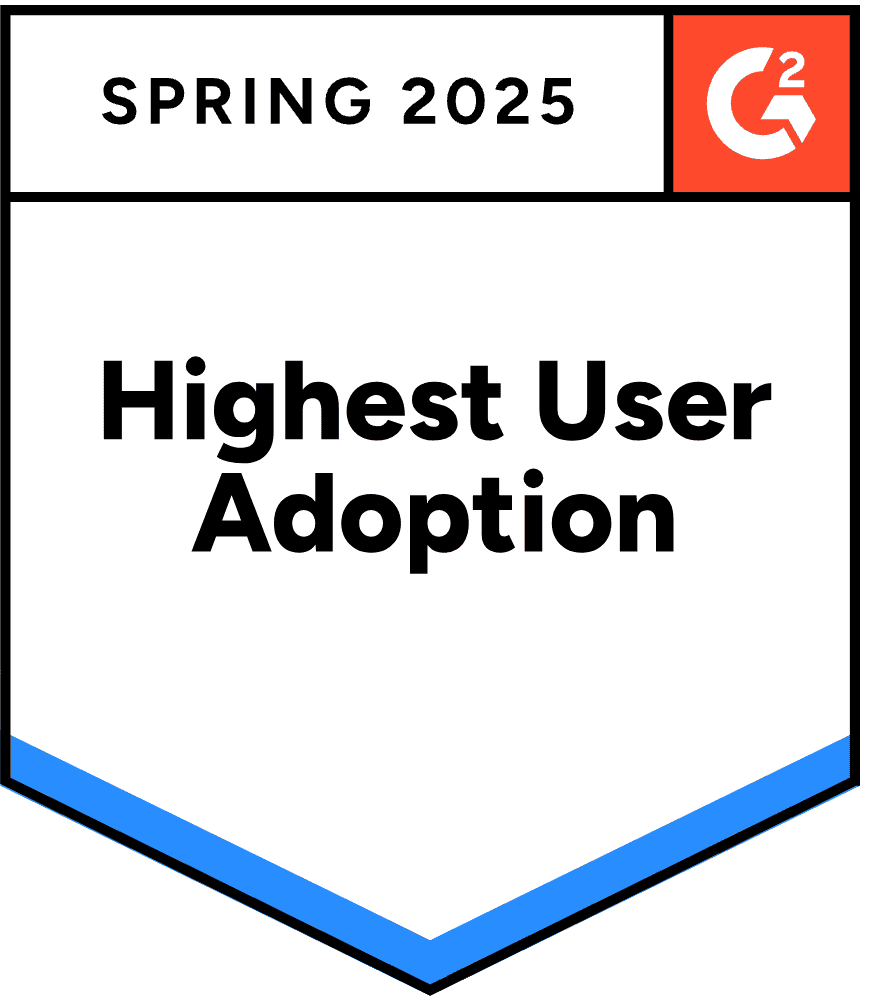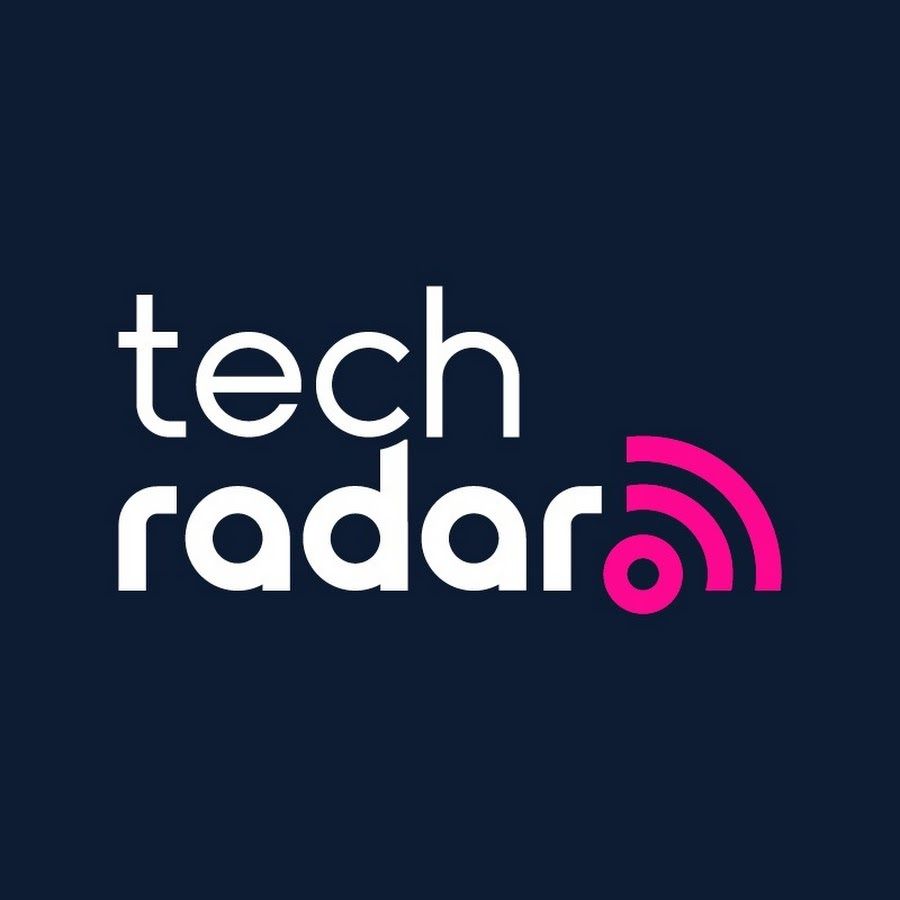Rotating Proxies For Web Scraping
Equip yourself with a new IP with every connection and enjoy a block-free proxying experience. No limits to hold you back – our proxies start at $2.2/GB!
14-day money-back option
Rotating residential, mobile, or datacenter proxies that do the job
A rotating proxy is a proxy type that regularly changes the user's IP address. Either after each connection or at user-set intervals. This continuous rotation of IPs enhances user anonymity, helping users avoid restrictions, CAPTCHAs, or IP bans.

Real IP addresses
High-quality, carefully vetted IPs from residential devices. Different types of rotating proxies are available, including residential, datacenter, and mobile proxies.

Unblockable proxies
Experience top-notch proxy performance with 99.99% uptime and 99.68% success rate.

Advanced IP targeting
Choose IPs from more than 195+ locations, and enable country, state, city, zip code, and/or ASN targeting in a simple click.

Blazingly-fast
Feel the real speed with <0.5s response time for residential proxies and <0.3s for datacenter ones.
Flexible proxy plans
2 GB
$3.0
/GB
Total:$6 + VAT billed monthly
Use discount code - RESI50
14-day money-back
SSL Secure Payment
Your information is protected by 256-bit SSL

Need an extended trial or tailored pricing for bigger plans?
Top rotating proxy locations

United States
7.1M+ IPs

Germany
2.3M+ IPs

United Kingdom
1.7M+ IPs

India
9.4M+ IPs

Canada
540K+ IPs

Japan
104K+ IPs
What people are saying about us
We're thrilled to have the support of our 85K+ clients and the industry's best
Featured in:

Get rotating proxies now – prices start at $2.2/GB*!
We offer a 3-day free trial for our residential proxies, so you can take a test drive risk-free.
Frequently asked questions about rotating proxies
What is a rotating proxy?
A rotating proxy automatically assigns a new IP for each connection you make. This helps to keep your online activities anonymous and secure by making it harder for websites to track and identify your real IP address.
With a rotating proxy, you can run various tasks, like web scraping, managing multiple social media or eCommerce accounts, or accessing geo-restricted content without IP bans or blocks.
How to use a rotating proxy?
To get started, you'll need to find a reputable rotating proxy provider like Decodo that fits your needs and budget. Once you've signed up, you'll receive login details, and then you can choose an optimal proxy type and subscription for your use case.
To use a rotating proxy, you'll need to configure your internet connection settings or install a Chrome extension or Mozilla Firefox add-on. Once the proxy is set up, all your traffic will be routed through the rotating proxies, switching out the IP address with each request or every 1, 10, or 30 minutes.
What are different types of proxies?
When it comes to proxies, there’re a few different types to choose from, each with its unique benefits. Here’re three of the most common types of proxies:
- Residential proxies. These proxies use IP addresses from real devices like mobile phones or desktop computers. This makes them less likely to be detected as proxies by websites, which can be useful for tasks like web scraping or social media automation.
- Datacenter proxies. Datacenter proxies use IP addresses from data centers rather than residential locations. They're often faster and more affordable than residential proxies, but can be more easily detected and blocked by websites.
- Mobile proxies. Mobile proxies use IPs of mobile devices connected to cellular networks. They can be helpful for social media accounts creation or app testing. They’re more expensive than other types of proxies, but are often more reliable and harder to detect.
What is static vs. rotating proxy?
A static proxy uses a single IP for a longer period. This means that all your internet traffic will be routed through the same IP address, making it easier for websites to detect and block your access. However, static proxies can be handy for tasks that require a consistent IP, such as accessing a specific website or server.
A rotating proxy switches between IPs at your preferred rate. This can make it more difficult for websites to detect and block your access since your IP addresses are constantly changing. Rotating proxies are often used for web scraping, market, and social media intelligence tasks.
Unlimited proxies with advanced rotation
Best entry point and the fastest time-to-value. Only at Decodo.
14-day money-back option












